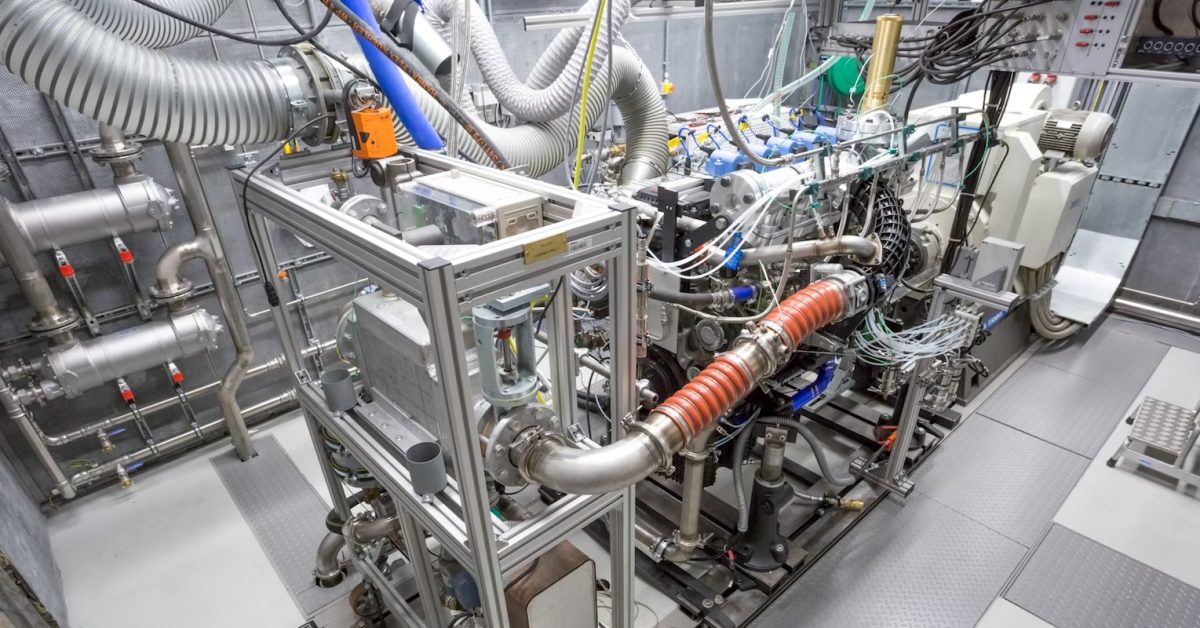I’m not convinced that hydrogen (green or otherwise) makes sense for powering transportation. I think it’s best use case is in replacing fossil fuels in high-temperature industrial processes.
Then it’s not green, and only a distraction.
I’m glad we’re finally getting there. Hydrogen greenwashing has been on full blast for over a decade.
Industrial processes use A LOT of hydrogen, and most of it is derived from hydrocarbons. The best use for “green hydrogen”, by far, is replacing grey industrial hydrogen.
Only then you can start replacing non-hydrogen use cases, like industrial heat and power generation and (eventually) transportation.
The fact that this is up for debate is a testament to the success of the misinformation we’ve been exposed to for thirty years or more.
it’s the least efficient method we currently have of storing electricity. and it’s only zero emission if you use a fuel cell
But theoretically the storage can scale well and it’s relatively cheap, albeit who really knows about the price for storage since there are no at scale storages out there yet.
it’s only zero emission if you use a fuel cell
What do you mean by this? However you burn it, it’s zero emission, isn’t it?
Yes
Burning hydrogen also just produces water as emission
The single advantage hydrogen has over batteries is that the “refueling” is pretty much instantaneous. If charging infrastructure and technology improves, there will be no reason to bother with it anymore.
IIRC, pumping hydrogen is only fast if the pump has a substantial rest between vehicles. Get a line of FCEVs wanting filled and you’re looking at filling times not much faster than charging a battery EV.
deleted by creator
From what I understand it’s transported in liquid form over long distances (across the ocean for example) but then it’s transported/stored in gaseous form.
The insane growth of solar power, especially in China, and solar efficiency, negates a lot of the potential promises of hydrogen cells.
the first commercial high capacity batteries made with non-rare materials can change energy infrastructure at any moment.
there are literally dozens of existing next gen battery candidates being pushed to commercial viability.
One of them’s going to be viable, and then more of them are going to be viable.
hydrogen cells aren’t going to fail because of the small amount of green hydrogen being produced, that will inevitably increase and become a more efficient process, but the timeline in the gains realized by that investment in hydrogen would be better spent in true renewables, which support green hydrogen anyway.
The only place hydrogen fuel makes sense is where it needs as little transportation as possible. Industrial use or as a replacement for fossil fuel for trains and ships that can fill up at their destination (where it needs to be produced n the premises).






